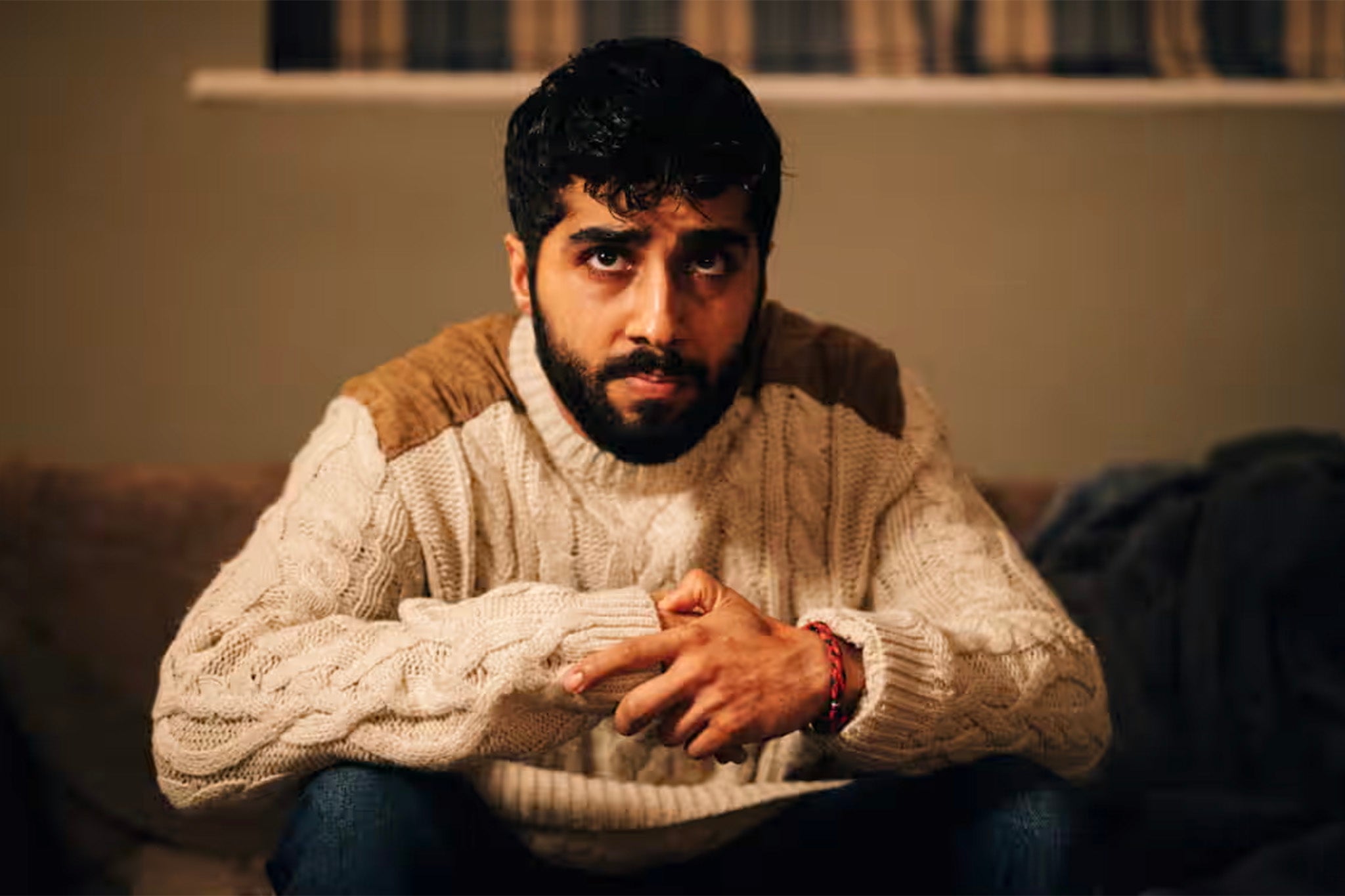The real villain of Netflix’s ‘perfect’ horror film? Social media…
The hit thriller ‘Accused’ – which boasts a ‘100 per cent’ Rotten Tomatoes score – highlights the very real dangers inherent in Twitter pile-ons, writes James Moore


When I saw #CancelNetflix trending last week, I wondered if people were upset by Accused.
Nominally a thriller, Accused would sit quite well in the horror genre, and is far more viscerally frightening than 90 per cent of what Netflix normally pumps out.
The owner of the fabled 100 per cent Rotten Tomatoes score, it focuses on a young man who finds himself the victim of a vicious social media pile-on when he is wrongfully identified and outed on social media as the perpetrator of a Tube bombing. He is then doxxed, which means having your private or identifying information published online as an attempt at revenge.
While Accused isn’t all that subtle with the way it makes its points, that doesn’t detract from its relevance in the midst of a deeply polarised political climate now going on in real life.
The film zeroes in on the racism of internet sleuths who falsely out the protagonist Harri as a terrorist. But, as we have seen in the US, it can work the other way, too, as Kyle Quinn found out to his cost. The engineering professor at the University of Arkansas was wrongly outed as a racist participant in the horrific 2017 white supremacy riots in Charlottesville, Virginia, during which Heather Heyer was killed when James Alex Fields ploughed his car into a group of counterprotesters.
The unfortunate academic, who repeatedly tried to defend himself on Twitter, was more than 1,000 miles away at the time. That didn’t appear to matter too much to his tormentors.
Quinn is far from alone. As part of its “systems error” series earlier this year, CNN noted that women are particularly at risk from the phenomenon, while the Reporters Committee for the Freedom of the Press in the US has highlighted threats made to journalists.
Some of these have moved into the physical realm, involving harassment such as the “takeaway trick” where Anna Merlan, a reporter for Jezebel, was sent a delivery containing nothing “anyone with functioning taste buds would order”. This included “two large pies, one with triple cheese, triple sausage, triple salami, triple barbecue, hot sauce, half onions and half pineapple, the other with no cheese and triple sausage, plus a large bottle of Coke”.
Such “pranks” can turn even nastier and more dangerous. The organisation also highlights “swatting” where doxxers call in a false emergency or threat at someone’s address, requiring a Swat team response, with the guns and the body armour and the very real danger of someone getting hurt by accident.
Information security journalist Brian Krebs was on the wrong end of this and also became the target of a Distributed Denial of Service (DDoS) attack on his website – all within 24 hours – because of an article he had written six months earlier.
Social media companies have terms of service which are supposed to protect against this. But it’s hard to trust them to police what goes on on their platforms or to even recognise the difference between what is simply impassioned and maybe unpleasant and what is genuinely threatening.
But the statutory oversight of the likes of X can also prove controversial. Critics argue that police in the UK have spent too much time intervening in online spats. Suella Braverman’s populist Home Office earlier this year promised this would change and police would spend more time on the streets, although goodness knows where the baddies are supposed to go now the prisons are all full.
A petition asking for doxxing to be made illegal in the UK was rejected by the government on the grounds that it felt that what the appellants were asking for wasn’t clear and because it felt “there are a number of offences under which people engaged in doxxing can already be charged, including communications offences and other offences where social media is used to facilitate another offence”.
We haven’t yet seen anything quite like the fictional horrors Harri experiences in the film. But how long until we do? The frightening thing about this fictional film is that it is all too easy to see it becoming a bloody truth. This is art imitating life and pushing it just that bit further and we need to talk about it.
But calmly. Is that still possible?






Join our commenting forum
Join thought-provoking conversations, follow other Independent readers and see their replies
Comments